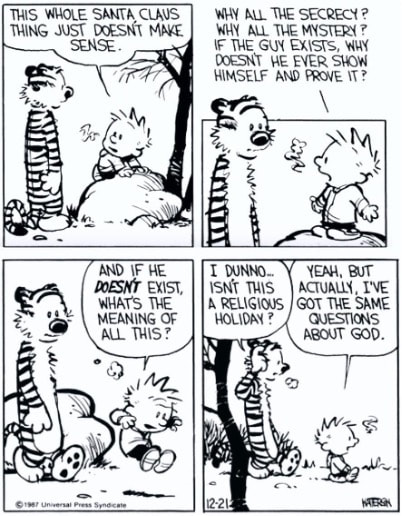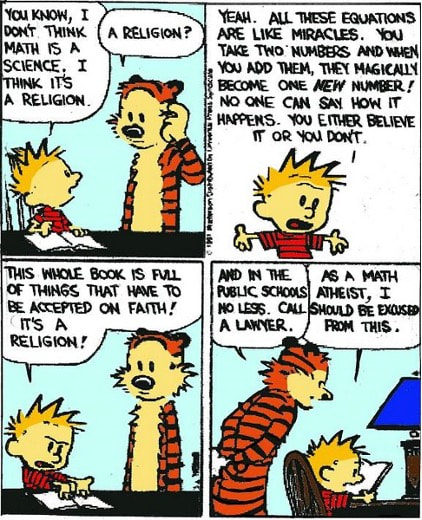|
“Young at Heart” Message Since we’ve taken a two-week break in the middle of this sermon series, I want to take a brief minute to remind everyone what this series is about and share what we’ll be talking about for the next couple weeks. We have been working through a better understanding of the Moravian Essentials. The Moravian motto is, “In essentials, Unity; In non-essentials, Liberty; In all things, Love.” This motto begs the question: what exactly is considered “essential?” On the first Sunday of this series, we talked about what makes us Christian, and we came to the conclusion that we can still be Christian even if we don’t have access to things like the Bible, a church, the sacraments, or ordained clergy. So what are the essentials, then? Well, Moravians believe there are six essentials: Three of the essentials are actions that God takes on our behalf: God creates Jesus Christ redeems/saves The Holy Spirit sustains/blesses There are also three essential human responses to God’s actions: We respond with faith, love, and hope. Today, we are talking about the first of these three responses to God’s love: faith. I’d like to begin this discussion with the theology of Calvin and Hobbes. In this first strip, Calvin pretty emphatically and confidently claims that we don’t believe in things that we can’t see. Seeing things is the only way we can verify that something exists. So, how do we know that microscopic biting bugs exist if we can’t see them? Well, they make us itch! In this next strip, Calvin once again wonders about existence if we can’t see someone or something. Calvin is making a pretty poignant point about God in this strip, and about faith in someone we can’t see. And he parallels God with Santa Claus, bringing up questions of faith in people we never see or interact with physically. In his words, what IS the meaning of all this? Finally, we see Calvin making a parallel between religion and math, of all things: Now of course, Calvin is a child and Hobbes is his imaginary friend. But, he asks some tough questions and brings up some good points about faith.
How do we believe in things we can’t see? What other proof do we need for the existence of things we can’t see? How do we come to have faith in an entity we don’t see or interact with directly, and what does that faith mean for us? The Message I don’t know about all of you, but reading through the Hebrews scripture passage and seeing the images made me feel a bit like my own faith might not be strong enough. Hearing all of the stories from the Old Testament about people who had significant tests of their faith and never faltered can make us feel like our own trials and struggles are rather insignificant in comparison. It might feel that way to us – we might feel like we are failing in our faith when we hear these heroic stories of the Old Testament. These prophets and forerunners of Christianity fought for their faith in God and, often, for their own lives and the lives of their families or communities as well. I am fairly confident, however, that we’re only reading part of the story. We get to read the parts of the stories that are interesting, engaging, and keep the attention of the listener or the reader. It’s similar to when our friends or family members tell us stories of things that have happened in their lives. Sometimes, a storyteller will share moments of fear, anxiety, or worry, but often, the only part of the story we hear is the outcome and some important factors that led to the outcome. We don’t always get the whole story. Sometimes, the storyteller will leave out the parts when they made a mistake, or when they felt hopeless or defeated. They will tell the story that they want others to hear, which may or may not be what actually happened. In the passage we read today, we heard the heroic parts of the Old Testament stories. We heard the parts that offer us examples of faith and hope. Let’s just consider the story of Noah for a moment. We don’t often think about what the reality of going through the flood must have been like. Human beings even thousands of years ago were not drastically different than human beings today are. So, if we think even for a moment that Noah wasn’t scared, worried, anxious, or questioning his sanity and his faith, we’re probably mistaken. The world was flooding, everyone and everything on earth was dying, and the ground was disappearing before his eyes. Not to mention, he was 600 years old when this happened, he was stuck on an ark with animals who needed to be fed, managed, and cleaned up after, and he was stuck with just his family for company. Do you all know what it’s like to travel with family members or your kids, or your pets? For those of you who have done it before – was it a 100% pleasant experience? If there weren’t some moments when Noah’s kids said “Dad, is this over yet?” or “Dad, I’m boooored!”, I would be surprised. Of course, we don’t hear those parts of the story. But I can’t imagine that they didn’t wonder whether or not they were going to survive. It’s easy to take stories like these at face value, and it’s easy to feel like we are somehow inferior in our faith because we worry, we get anxious, we complain and grumble and struggle with things when they become difficult. It’s easy to think our own challenges are nothing compared to the things that some of these Old Testament figures endured for their faith in God. But we must remember that we only hear one side of the story, and it’s the side the writer wants us to hear. We don’t hear about the complaining and the suffering and the wondering. We don’t always hear them questioning God or questioning their faith in God. But we also cannot assume that they didn’t complain, wonder, or question God. We cannot compare our own struggles to those of other people because we are all unique and we all handle things differently. We all cope differently, and we all have different tolerance levels for different things. What we can take away from these stories is what it means to have faith. We can see that often, faith is made stronger when we nurture that faith in community. Many of these Old Testament figures had communities to support them. We are all part of a community that supports us, too. When we experience trials, one of the beautiful things about having a church family is that we naturally have a community that nurtures and supports our faith. It’s a community that also helps us to pick up the pieces when our faith is shaken or shattered. It’s a community that walks alongside us, sharing our burden and our pain when we need that kind of support. Faith is our response to God that involves personally giving ourselves, our lives, and our actions to God, acknowledging that we are totally dependent on God who created and loves us. But, that doesn’t mean that walking by faith is easy. Faith is absolute trust and commitment to God’s saving will fulfilled in Jesus Christ. It’s trusting and giving our all to God, even if our minds do not know and cannot comprehend all of the details. Even if we have questions and doubts, even when we suffer or carry burdens that are too heavy for our own hearts and we do not understand our own suffering. Even then, we are invited by God to grow in faith throughout our lives, sometimes moving steadily forward, and sometimes falling backward. We sustain and nurture each other in faith as we participate in community together. It is by faith that we come to know God as our loving creator, Christ as our redeemer, and the Holy Spirit as our sustainer. Faith is the first essential action on our part, and even when it becomes difficult, God supports us in our faith through God’s tremendous love for each of us. Amen. Let us pray: Holy One, we come before you today with all of our worries, anxieties, and fears. We come before you knowing that our faith may waver in times of struggle. But we come before you also knowing that you know our hearts and you love us dearly even when we hold onto questions and uncertainty. We offer our gratitude today for your continued love and mercy, and for the people around us who walk with us on our faith journeys. We thank you for placing these people into our lives just when we need them most. With the support of our community, we can be sure of our faith, knowing there will always be someone walking with us, supporting us, and helping us shoulder our burdens. In your loving presence and in your Holy name we pray. Amen.
0 Comments
Leave a Reply. |
AuthorRev. Jamie Almquist is the pastor at Good Shepherd Moravian Church in Calgary. Archives
July 2024
Categories
All
|




 RSS Feed
RSS Feed